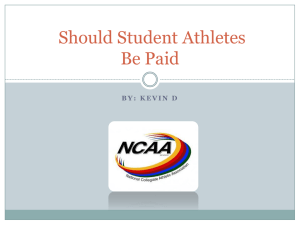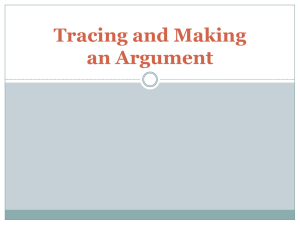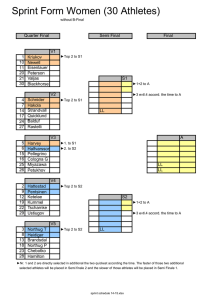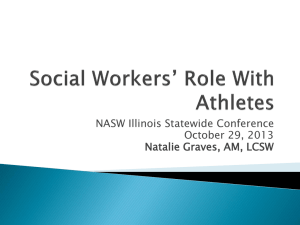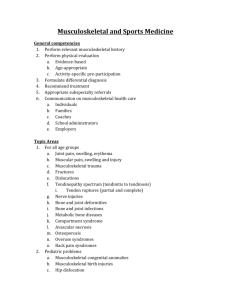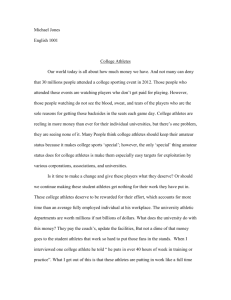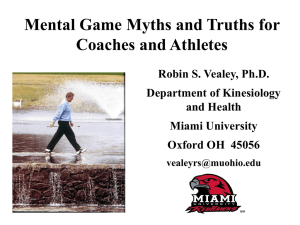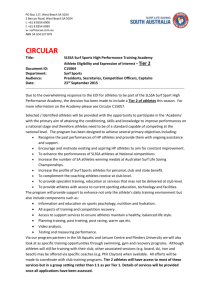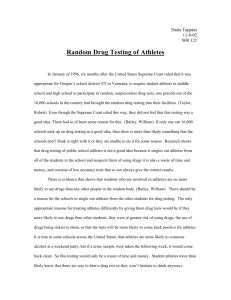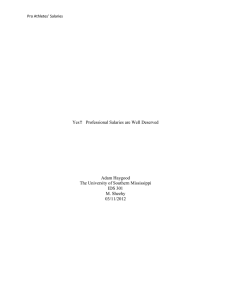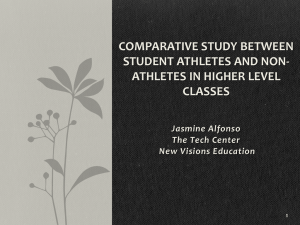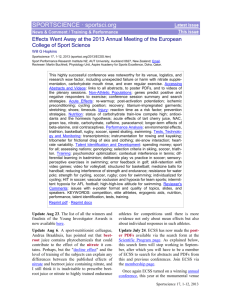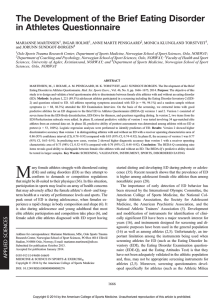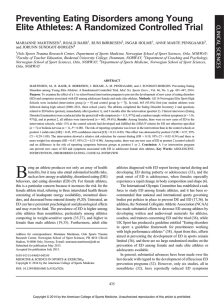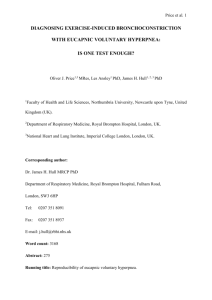The Guide To Economic Thinking
advertisement
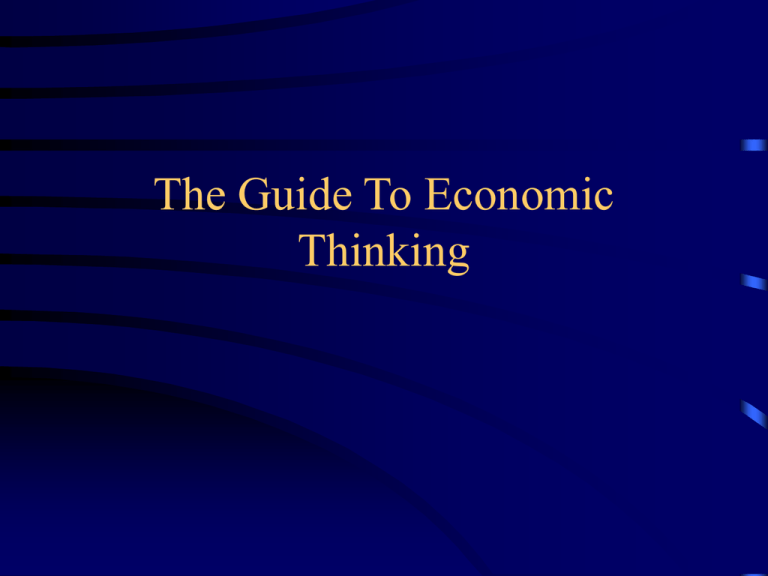
The Guide To Economic Thinking People Choose. Most situations involve making choices. People evaluate the costs and benefits of different alternatives and choose the alternative that seems best to them. People's Choices Involve Costs. Costs do not necessarily involve money. The most important type of cost is opportunity cost: the next best alternative that people give up when they make a choice. People Respond to Incentives in Predictable Ways. How people cooperate is governed by written and unwritten rules. As the rules change, incentives – and consequently peoples behaviors – change. People Gain When They Trade Voluntarily. People can produce goods and services at lower opportunity costs when they specialize in what they do best. Then they can trade what they produce for goods or services that would be more costly for them to produce. In this way, both sides gain. People’s Choices Have Consequences That Lie in the Future. The important costs and benefits in economic decision making are those that will appear in the future. The study of economics stresses the importance of making decisions about the future because we can influence only the future; we cannot influence things that happened in the past Why Adults Are Paid Big Bucks To Play Games The Mystery • Many professional athletes never finish college. Some go directly into professional sports from high school. Yet professional athletes are frequently paid salaries totaling millions of dollars a year. Annual salaries for professional football players range from a few hundred thousand dollars to several million dollars. The story is much the same among professional athletes in basketball and baseball. • Yet other people who perform worthy services – nurses, police officers, firefighters and teachers – receive salaries far short of the amounts paid to professional athletes. What is wrong with our values? • Why are grown men and women paid salaries totaling millions of dollars to play games? Mystery Clues 1. In addition to salaries from playing games, athletes often earn money through endorsements, speaking engagements, signing autographs and other nongame activates. 2. Few people possess the skills required to throw big – league fast balls, deliver one – handed jams and toss game – winning touchdown passes. 3. Many professional athletes have gone to college. 4. Coaches encourage competition among their players as a way to bring out their best performance 5. Fans will pay to see professional athletes perform in person; they also tune in by the millions to watch athletes on television. 6. When professional players strike, this is a turn – off for many fans. 7. Like police officers and firefighters, professional athletes risk serious injury. 8. The non labor costs of running a team such as uniforms, equipment and airfares have been increasing recently. 9. Famous athletes regularly appear on the covers of popular magazines. 10. Some athletes return to college and complete their education after they retire from sports. The Guide to Economic Thinking • • • • People choose. People’s choices involve costs. People respond to incentives in predictable ways. People create economic systems that influence individual choices and incentives. • People gain when they trade voluntarily. • People’s choices have consequences that lie in the future.

